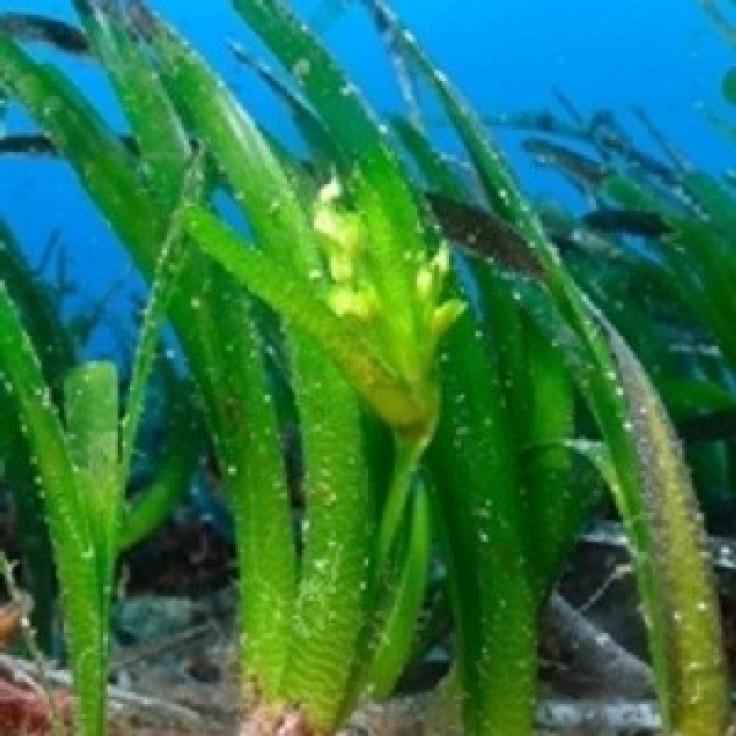Oldest Living Thing on Earth: Posidonia Oceanica is 100,000 Years Old

According to researchers from the University of Western Australia, they may just have discovered the oldest living thing on the planet - sea grass.
This may appear a slightly absurd claim, on the face of it... particularly since the scientists believe that the sea grass in question is more than 100,000 years old.
However, the team has studied the DNA of sea grass from 40 meadows across 3,500 kilometers of the Mediterranean Sea. Their startling discovery is that the sea grass - Posidonia oceanica - can actually clone itself.
This, they reason, could be the primary explanation as to how sea grass manages to live for as long as it does - because it can reproduce asexually, by cloning. This means it does not need to find a mate of the opposite sex in order to procreate. The clones, however, are genetically identical to their parents. This means they are considered one contiguous living organism. In addition, each clone is, naturally, capable of reproducing on its own as well.
A second major reason why sea grass can live so long is because it lacks any maor predator.
As a result, the patch of sea grass declared the oldest living thing on the planet is a mindboggling 15km wide organism, nestled at the bottom of the Mediterranean Sea.
According to the researchers, the sea grass is the foundation of all key coastal ecosystems. Unfortunately, they are now declining at an estimated rate of five percent annually, over the last few decades.
"Clonal organisms have an extraordinary capacity to transmit only 'highly competent' genomes, through generations, with potentially no end," said Professor Carlos Duarte, Director of University of Western Australia's Oceans Institute.
"Understanding why those particular genomes have been so adaptable to a broad range of environmental conditions for so long is the key to some interesting future research," he added.
"The concern is that while posidonia oceanica meadows have thrived for millennia, their current decline suggests they may no longer be able to adapt to the unprecedented rate of global climate change." he concluded.
© Copyright IBTimes 2024. All rights reserved.





